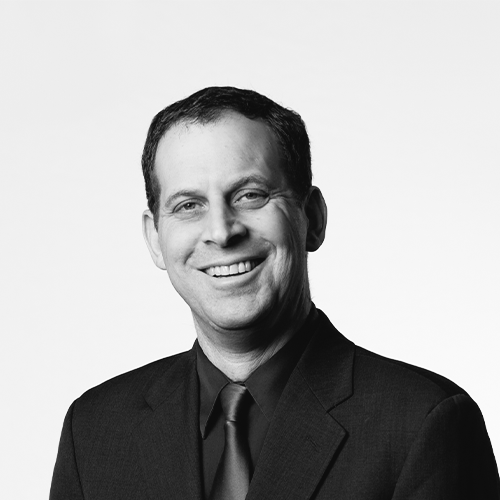Michael C. Dorf is the Robert S. Stevens Professor of Law at Cornell Law School, where he teaches courses in constitutional law and related subjects. He has authored or co-authored six books and over 100 scholarly articles and essays for law reviews, books, and peer-reviewed science and social science journals. Professor Dorf received his undergraduate and law degrees from Harvard University. After law school, he served as a law clerk for Judge Stephen Reinhardt of the United States Court of Appeals for the Ninth Circuit and then for Justice Anthony M. Kennedy of the Supreme Court of the United States. Professor Dorf occasionally consults with leading law firms on complex litigation and maintains an active pro bono practice chiefly consisting of writing briefs in Supreme Court cases. Before joining the Cornell faculty in 2008, Professor Dorf taught at Rutgers-Camden Law School for three years and at Columbia Law School for 13 years. His essays for general audiences appear regularly on “Verdict,” “Take Care,” “SCOTUSblog,” and his blog, “Dorf on Law.”
Almost done! Check your email to get your password.
Fundamentals of the First Amendment
Speech, Press, and Assembly
Friday, August 28, 2020, 9am EDT
Event Overview
The First Amendment to the US Constitution protects free speech, freedom of the press, and the freedom of assembly. (It also protects free exercise of religion and bars the establishment of religion, which will be the subject of a different presentation). Although the First Amendment allows “no law” infringing the rights it protects, that prohibition cannot be taken literally. While the US protects free expression to a greater extent than any other constitutional democracy, some limits are allowed. Case law deems some categories of speech (such as obscenity and so-called fighting words) unprotected, while even protected speech may be limited by content-neutral time, place, or manner restrictions. Meanwhile, despite warranting its own clause, case law gives no special protection to the institutional press. This introduction to the very large body of free expression case law provides a useful framework for analyzing classic as well as contemporary conflicts.
What You'll Learn
- Which categories of speech receive no or lesser protection
- How the courts decide whether a category of speech is entitled to lesser protection
- The importance of content-regulation to determining constitutional validity
- The role of the institutional press
Speaker
Robert S. Stevens Professor of Law, Cornell Law School
View Keynote by completing the form below.
Gain access to this free event
Thanks,
You're Registered!
You're Registered!
Join or sign in to tailor your experience and earn CEUs from Cornell.
Create Account
